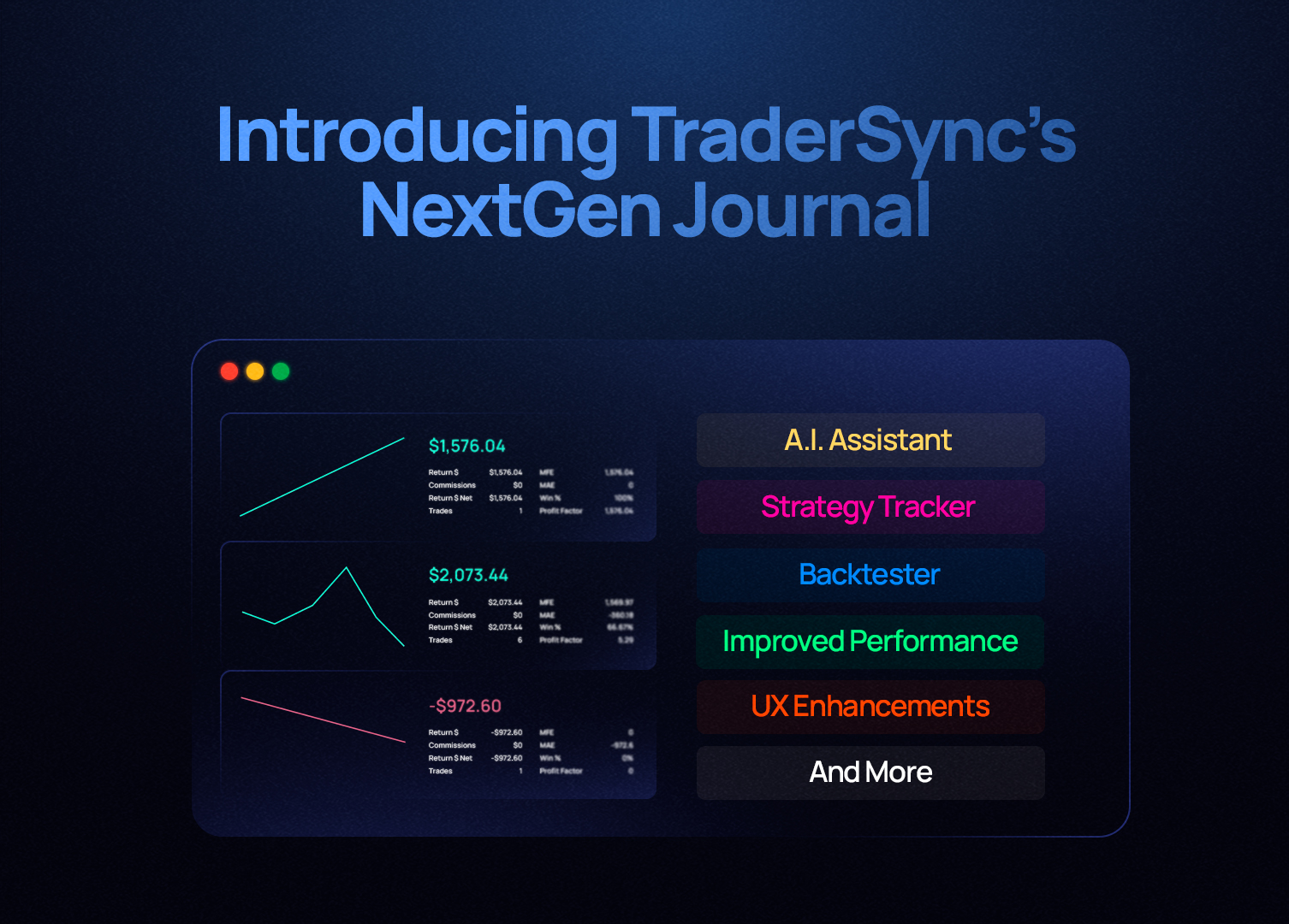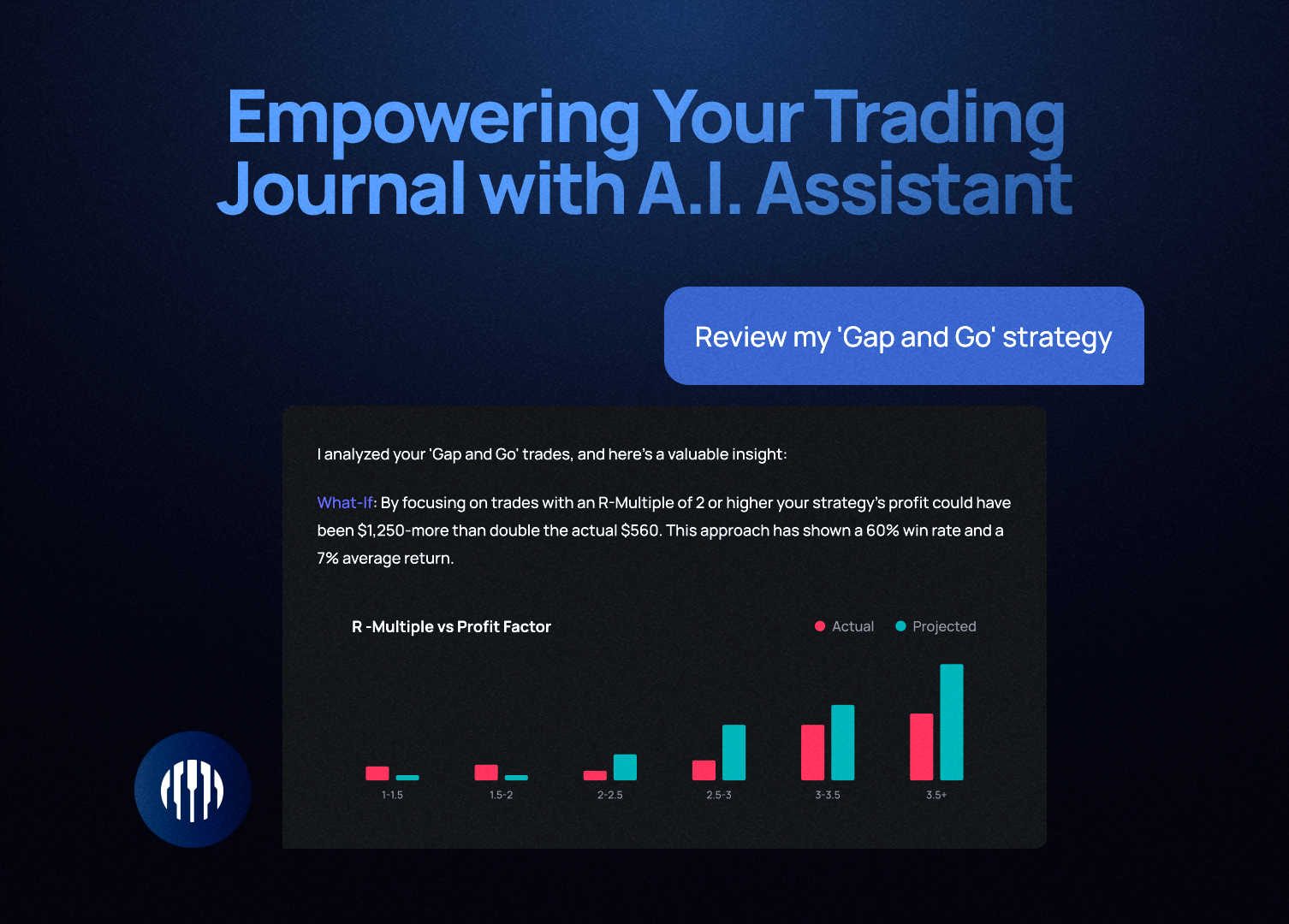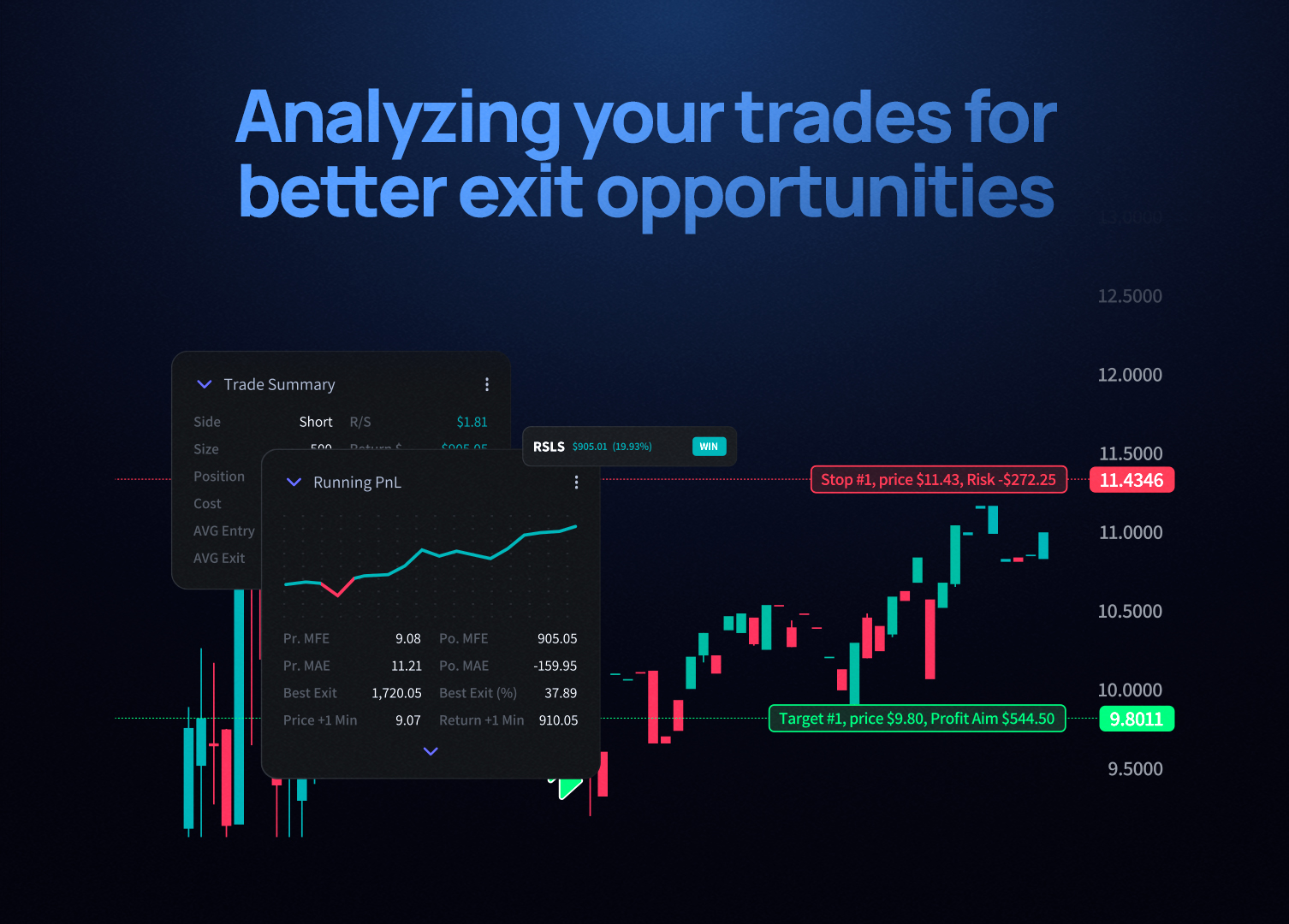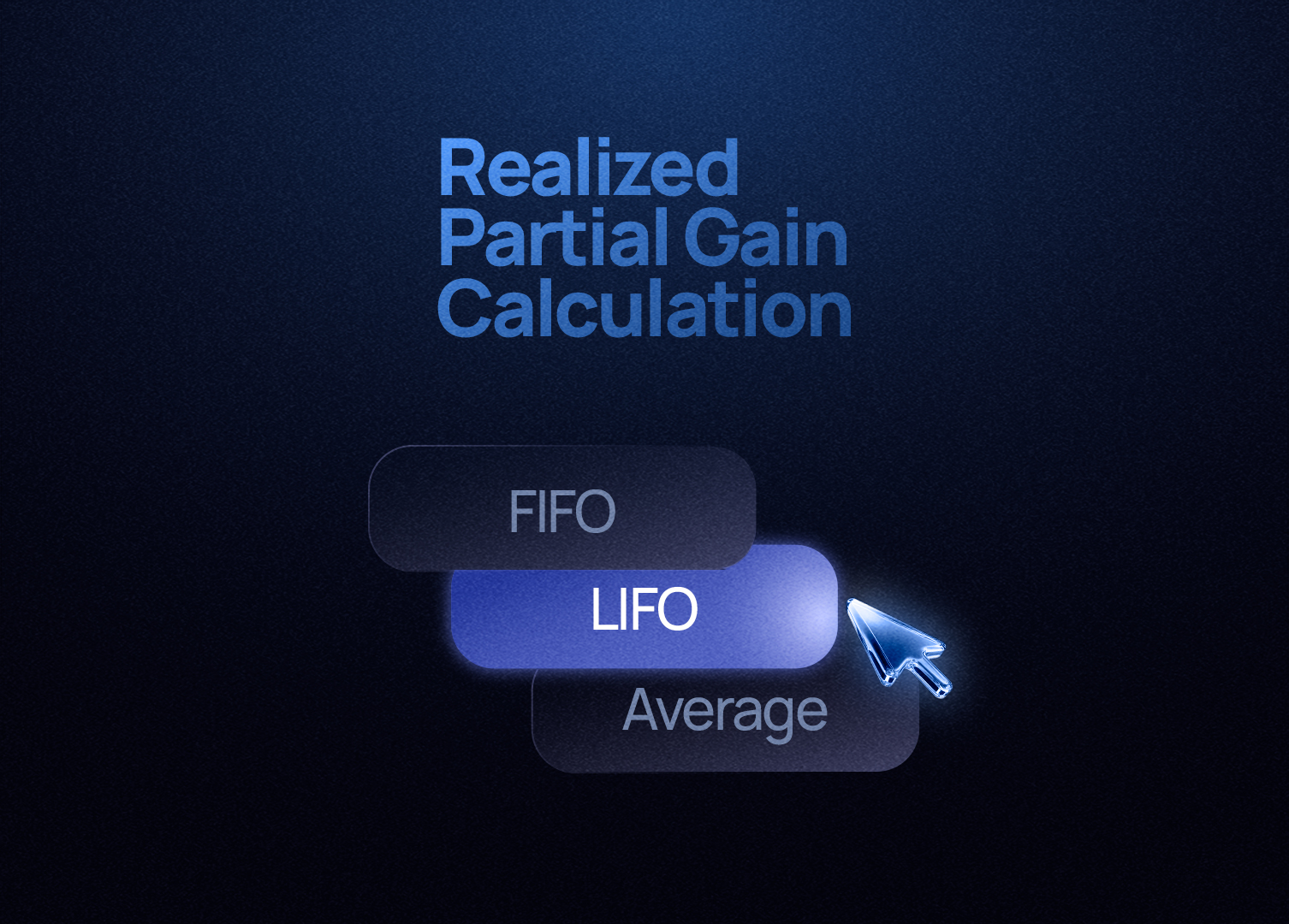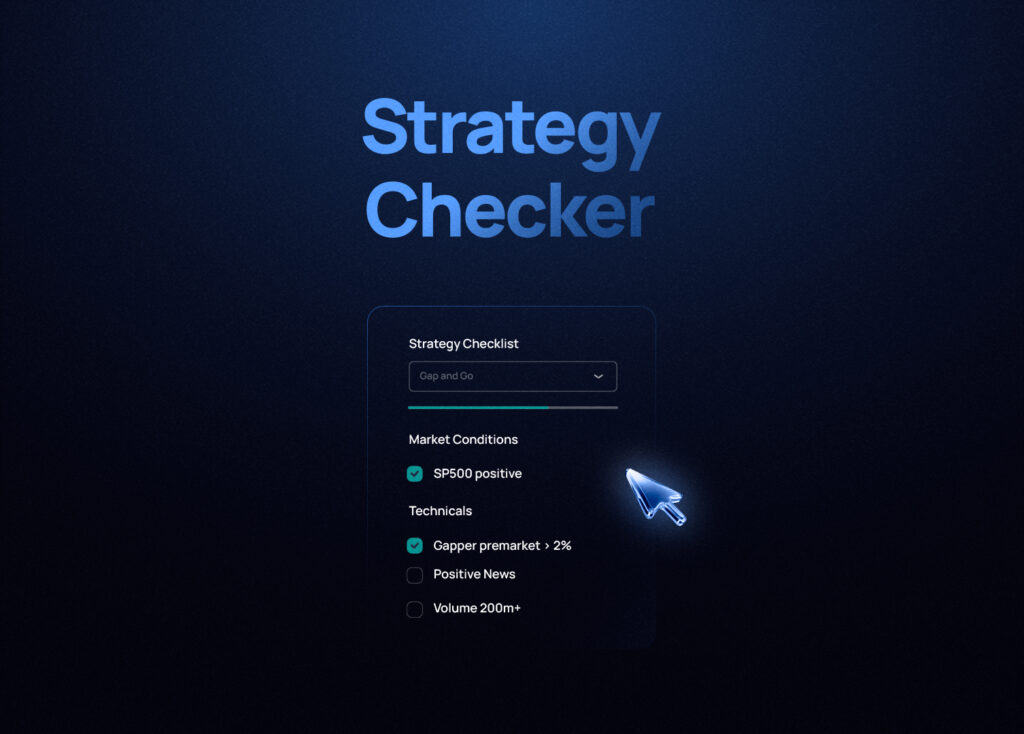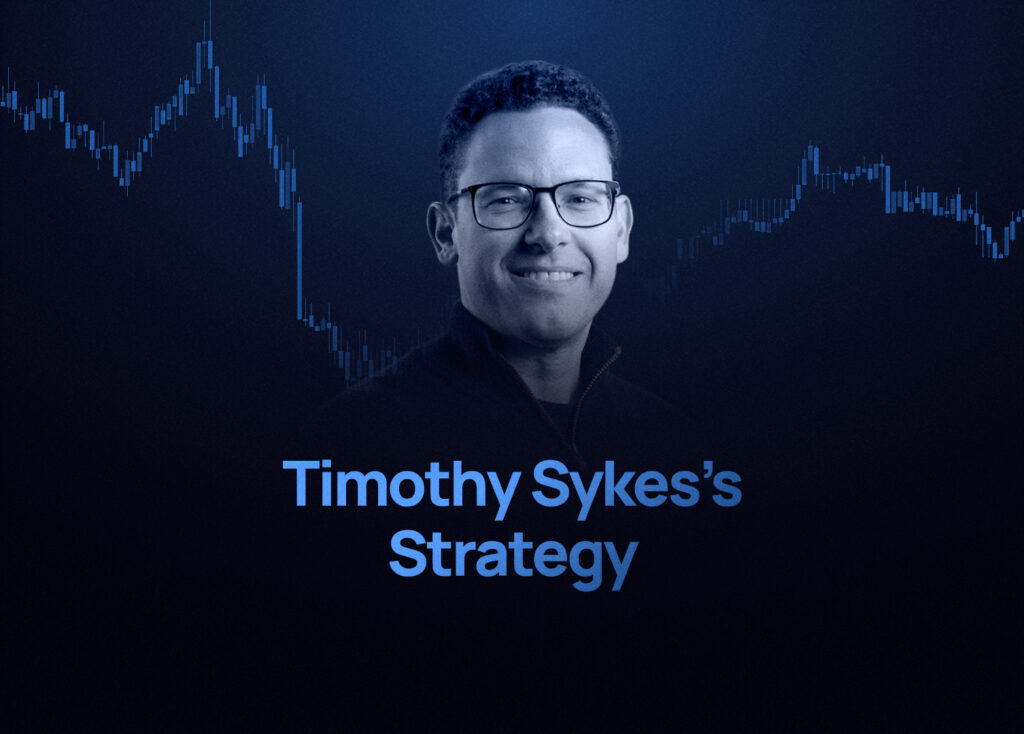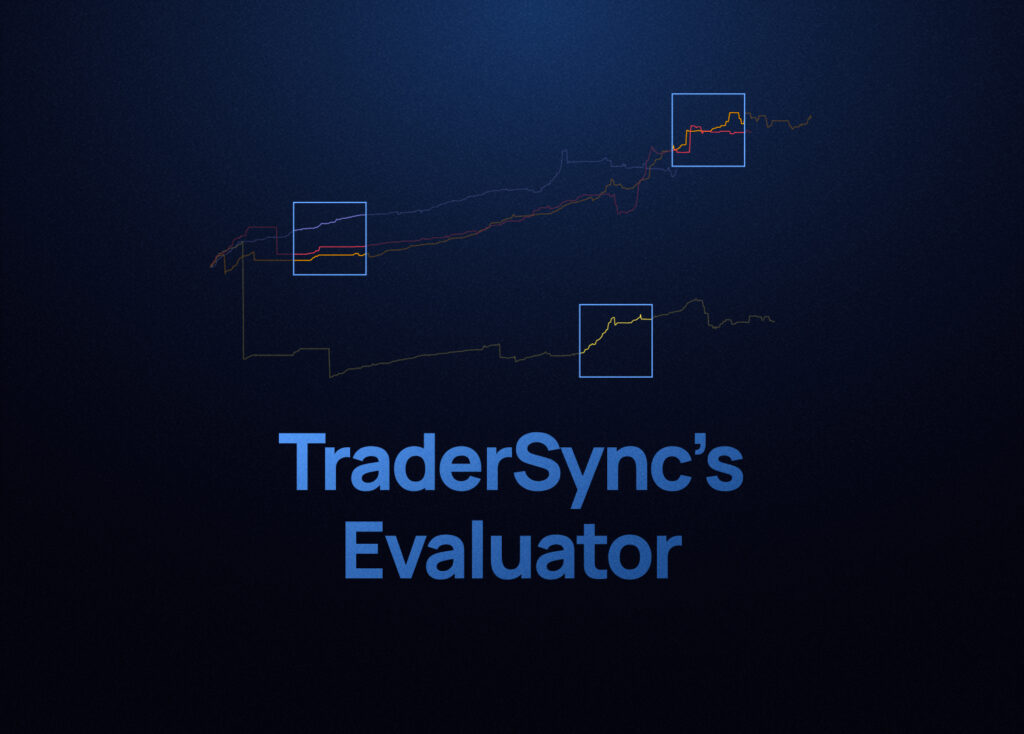Psychologists agree that trading stocks puts heavy pressure on an individual’s emotional state, and controlling emotions can be one of the most important elements in successful trading.
Dr. Van Tharpe, one of the most notable experts on trading psychology, puts it this way: “Almost any emotion you have stored in your body can find some justification for expression through trading. If you have anger, you can find lots of reason to be angry at the market or your broker or your computer or something. And can you think of any better vehicle than the market about which to create fear or anger? Of course not! In fact, your interpretation of what is going on in the market is an excellent way to justify any feeling.”
One of the most typical novice trader emotional reactions is to get angry at the market when a trade goes wrong and to maintain it instead of cutting losses. The professional trader accepts when a trade goes bad, and closes it down before losing too much. That trader can use the experience to place another, more successful trade. But the novice trader often gets angry ‘when the market doesn’t perform properly’ and just leaves the bad trade in place in the hope that it will somehow come right. The result is almost always significant losses.
The Role Emotions Play
As another trading psychology expert, Dr. Gary Dayton, points out, traders oscillate between greed and fear. As a trade plays out, traders cannot help but feel fear that the market will not go their way. Or, traders begin to win and feel greed for more.
Greed and fear can affect trading in very negative ways. A too-fearful trader closes a trade down before it can achieve its full potential. A greedy trader allows a winning trade to continue too long after an exit would have been advisable.
Then the egotistical trader allows pride in strategy to blind him or her to the changing reality of the market.
Managing Emotions
There is nothing wrong with feeling emotions! We all feel great when a trade goes well, and we get frustrated and angry when the market doesn’t perform in the way we expect.
But no one, not even the greatest and most skilled traders, always wins. We all lose money in trading from time to time, and there are always times when the market doesn’t seem to perform according to our strategies.
The skilled trader, however, learns to separate feelings from analysis. The surest way to do this is to have a very clearly defined and well-developed strategy and to concentrate on its execution rather than on anger, fear, greed or pride.
To distance oneself from turbulent emotions in trading requires discipline and practice to analyze the changes in trending. Why did the trend that you identified at the start not play out? Was the resistance too strong for the trend to continue higher? Did the support floor not hold because of market events? Concentrate on what you know about the market, and, if necessary, look for market comment that might suggest an aspect that you overlooked.
 Labor Day Sale — Up To 50% Off
Labor Day Sale — Up To 50% Off



